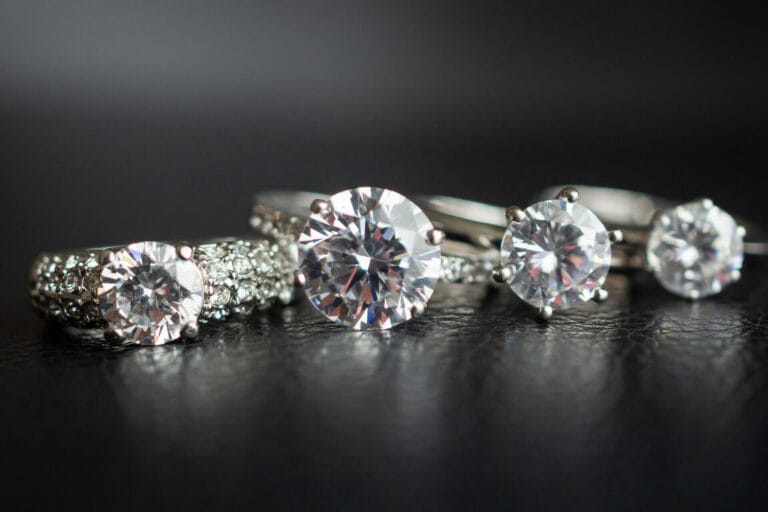Emotional Connection: Are Dogs Woman’s Best Friend?

New study reveals the deep connection between women and dogs throughout history. The discovery that dogs are, in fact, woman’s best friend – not man’s – has the potential to transform our understanding of the human-dog bond. This study not only highlights the significant role women have played in fostering these connections but also encourages us to re-evaluate our perspectives on gender roles and stereotypes.
For ages, we’ve heard the adage, “a dog is a man’s best friend,” but a ground-breaking study has just turned that age-old belief on its head. According to this comprehensive research, it’s women who have shared a more emotional bond with dogs throughout history, a connection that has shaped the way humans interact with these furry friends today. The study brings to light the emotional connection between women and dogs, revealing how women gave them names and treated pups with affection much like we do now.

Table of Contents
A profound bond: the Woman-Dog emotional connection
The wide-ranging study analyzed a wealth of historical data, literature, and archaeological findings to trace the origins of the deep connection between women and dogs. Researchers discovered that women were more likely to give their dogs names, an act that shows a profound emotional bond and a recognition of individual personalities in these animals.
From the earliest days of human history, women have relied on dogs for companionship, protection, and assistance in various tasks. This relationship has evolved over time, with dogs becoming essential family members in many households today. Women, in particular, have been at the forefront of nurturing and fostering the emotional bonds we share with our canine companions.
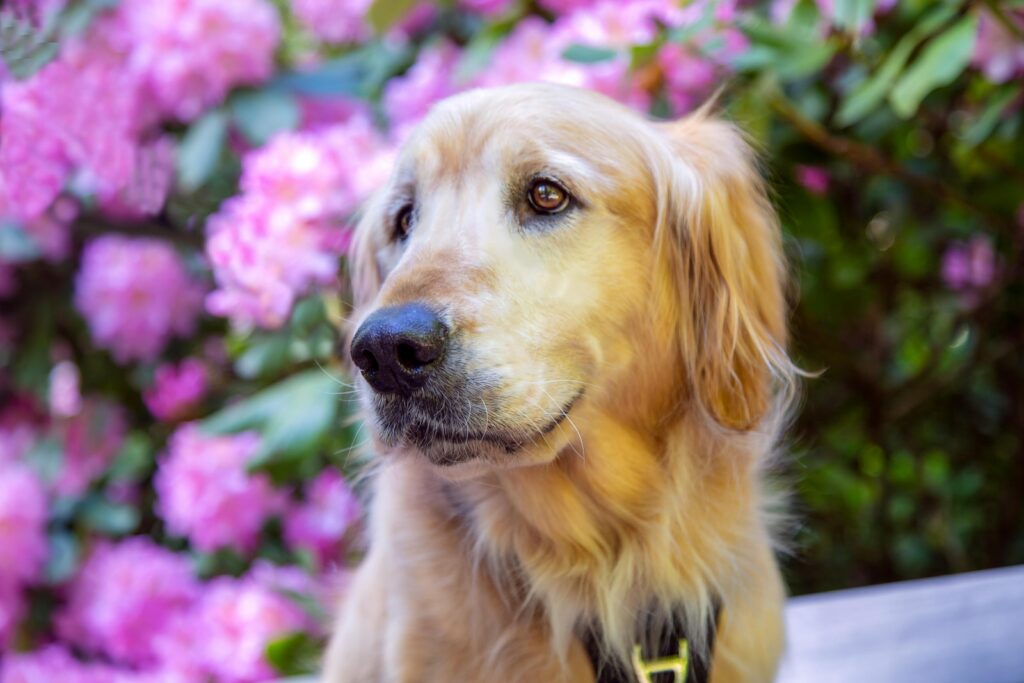
The power of affection
The study highlights the significance of affection in the development of the human-dog bond. Women tended to shower their dogs with love and attention, which in turn, led to a stronger emotional connection. By treating dogs with care and consideration, women established a precedent for the way we interact with these animals today.
Dogs are known to reciprocate the love and care they receive, which only strengthens the bond between them and their human caregivers. The study reveals that women, historically, have been instrumental in cultivating this reciprocal relationship, contributing to the lasting emotional bonds we continue to share with our dogs.
Challenging Stereotypes: are dogs woman’s best friend?
This research challenges the long-standing stereotype that dogs are “man’s best friend.” Instead, it brings to light the pivotal role women have played in shaping the unique relationship between humans and dogs. The findings celebrate the contributions of women to the deep emotional connections we enjoy with our canine companions today.
These revelations can also have a positive impact on the way society perceives the roles of women and men when it comes to caregiving, empathy, and emotional intelligence. By recognizing that women have been instrumental in nurturing our bond with dogs, we can begin to challenge and break down gender stereotypes that have persisted for centuries.
As we continue to learn more about the rich history of the relationship between women and dogs, we can better appreciate the powerful bond that exists between them. By acknowledging and celebrating this connection, we can forge a deeper understanding of the emotional ties that bind humans and their canine companions together.
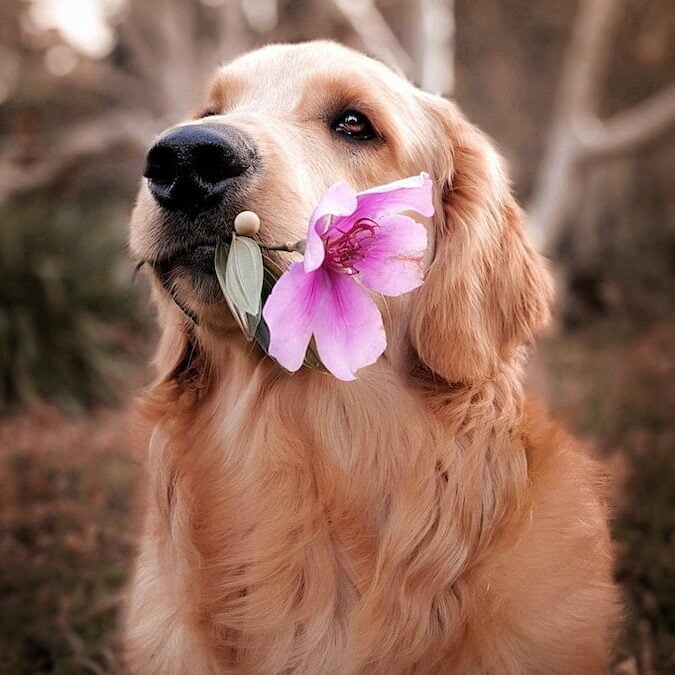
The influence of women on dogs
Women have played a significant role in the process of canine domestication, forging a relationship that has spanned thousands of years. The study suggests that women’s inclination towards nurturing and caring for dogs facilitated their transformation from wild animals to domesticated companions. This has enabled humans to harness the unique skills and traits of various dog breeds for different purposes, such as herding, hunting, and guarding.
By treating dogs with affection, women have created a space for these animals to thrive alongside humans. This bond has only grown stronger over time, leading to the numerous breeds we see today, each with their distinctive characteristics, abilities, and temperaments. Through selective breeding and care, women have contributed immensely to the diverse array of canine companions that enrich our lives.
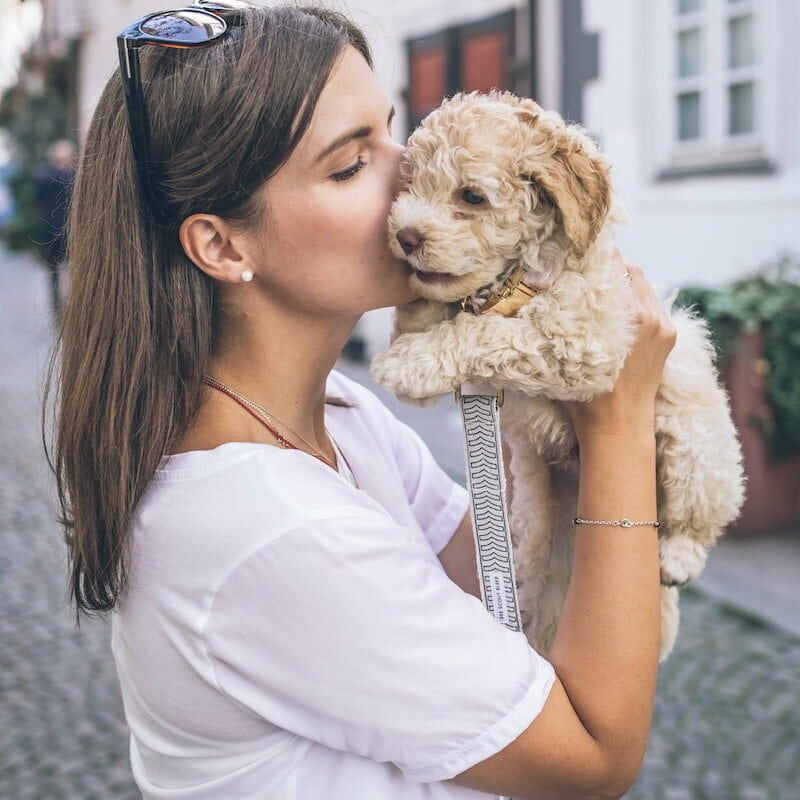
Women in Dog Training and Care
The study also highlights the essential role women have played in dog training and care throughout history. Women’s empathetic and intuitive nature has allowed them to understand and communicate with dogs effectively, leading to better training outcomes and a stronger bond between the two.
Women have been responsible for passing down the knowledge of dog care and training through generations, ensuring that future generations of humans can continue to enjoy the companionship and support of these remarkable animals. This wealth of knowledge and experience has been vital in shaping the ways we care for and interact with our dogs today.
The emotional support offered by dogs to women
Dogs have long provided women with emotional support, a factor that has contributed to the enduring bond between them. The unconditional love and loyalty of dogs have been a source of comfort and solace for women throughout history, offering companionship in times of need.
As emotional support animals, dogs have played a pivotal role in helping women navigate life’s challenges, providing a sense of security and stability in an ever-changing world. The study underscores the importance of this emotional connection, revealing how it has contributed to the development of the human-dog relationship.
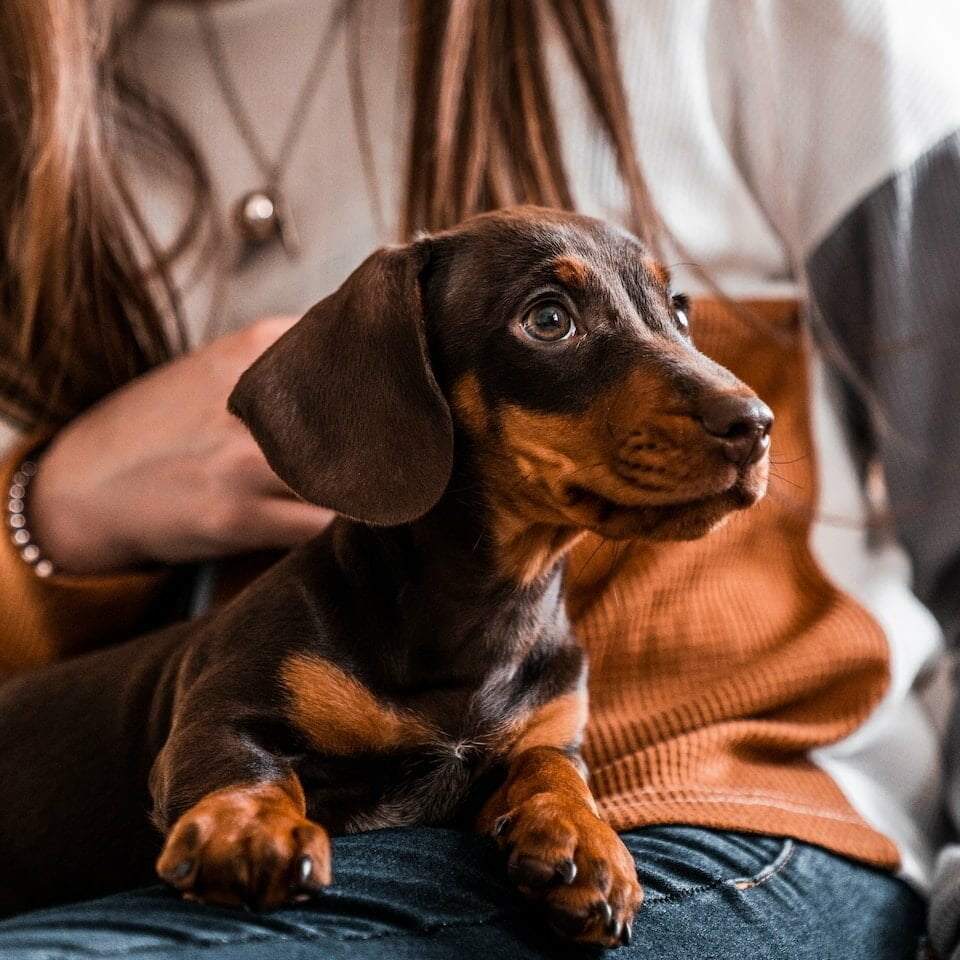
The future of the woman-dog emotional connection
As our understanding of the unique bond between women and dogs continues to grow, it’s essential to recognize and celebrate this connection. By acknowledging the vital role women have played in shaping the human-dog relationship, we can work towards dismantling outdated gender stereotypes and promoting a more inclusive understanding of caregiving, empathy, and emotional intelligence.
The future of the woman-dog relationship looks promising, with more people recognizing the profound connection that exists between them. As we continue to learn from the past and build on the foundations laid by the women who have come before us, we can look forward to even more fulfilling relationships with our canine companions. Together, we can work to strengthen the bonds between women and dogs, ensuring that this unique connection endures for generations to come.






